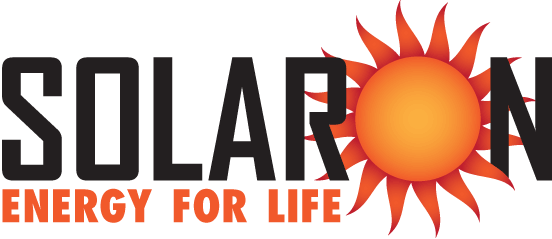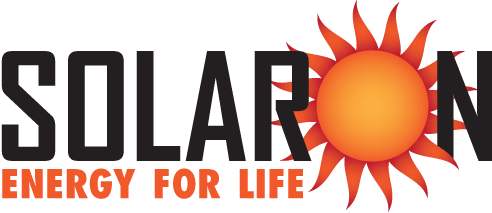
Getting to Know the Solar Consumer Protection Guide, Part 2
In a previous article, we discussed some of the information provided within California’s Solar Consumer Protection Guide, available for free through the California Public Utility Commission’s website. We covered what to consider in finding out if solar is a good fit for you, and the entities you’ll meet during the journey. But how do you know you’re dealing with a professional solar provider, and what financing assistance options are available?
Find a Qualified Solar Provider
Always work with a qualified photovoltaic system provider. (Solaron is listed with the State of California under license #561720). That way, you know you’re dealing with a company that follows government guidelines and standards for your safety and security. The Protection Guide recommends you look for at least three qualified solar providers so you can compare bids. Remember that the cheapest bid is not always the best option. Make sure you are receiving a quality system that will provide long-term reliability.
The questions you ask a solar provider help determine their quality and level of knowledge, as well as the customer service you can expect. Here are some good examples of questions recommended by the Solar Consumer Protection Guide:
- What is your installer’s contractor license number?
- How long have you been in business, and how many systems have you installed?
- Can you provide multiple references?
- What steps will you take to ensure my roof will not leak after the installation?
- How much will it cost to remove and re-install the system if I need to replace my roof?
- What can you tell me about your warranty on the system?
- How does this warranty system interact with my insurance policy?
- How does net metering work?
- What happens if I sell my home?
- What situations would allow me to be released from a contract?
Also, a powerful question is one of the simplest: “Is solar power free?” If the representative answers “Yes!”, they are likely being deceptive or inaccurate. In truth, installing solar is seldom free. The California Solar Consumer Protection Guide gives in-depth explanations as to what you should expect a solar installation to cost.
Financing Options for Solar
Though some homeowners purchase their solar systems outright, others do not have the funds available for a cash purchase. However, there are multiple ways to make purchasing a solar installation easier. Some options include:
- Property Assessed Clean Energy (PACE), which finances the upfront costs of the solar system and gets paid back through your property tax bill.
- Solar lease, where the solar provider owns the system and you “rent” it, or “rent-to-own” it, over several years.
- Power Purchase Agreement, where the solar provider owns the solar system and sells you the electricity it generated for a certain price over a set number of years.
- Secured loans, which require collateral, or an unsecured loan that acts like a credit card balance.
- Federal income tax credits, which apply a credit to your federal income tax for installing the solar system (this option fluctuates annually – check with Solaron for the latest rates).
Solaron constantly scours the available federal, state, and local sources for incentives, rebates, discounts, and percentage rates that will help you get the most for your solar system array. By calling our office or setting up an appointment for a free solar analysis, we’d be happy to look for the best options to make purchasing a solar system worth your while, all within the guidelines of the California Solar Consumer Protection Guide.
In later installments, we’ll discuss savings on your electric bill and what to consider when dealing with contracts and other paperwork attached to any solar power installation.

